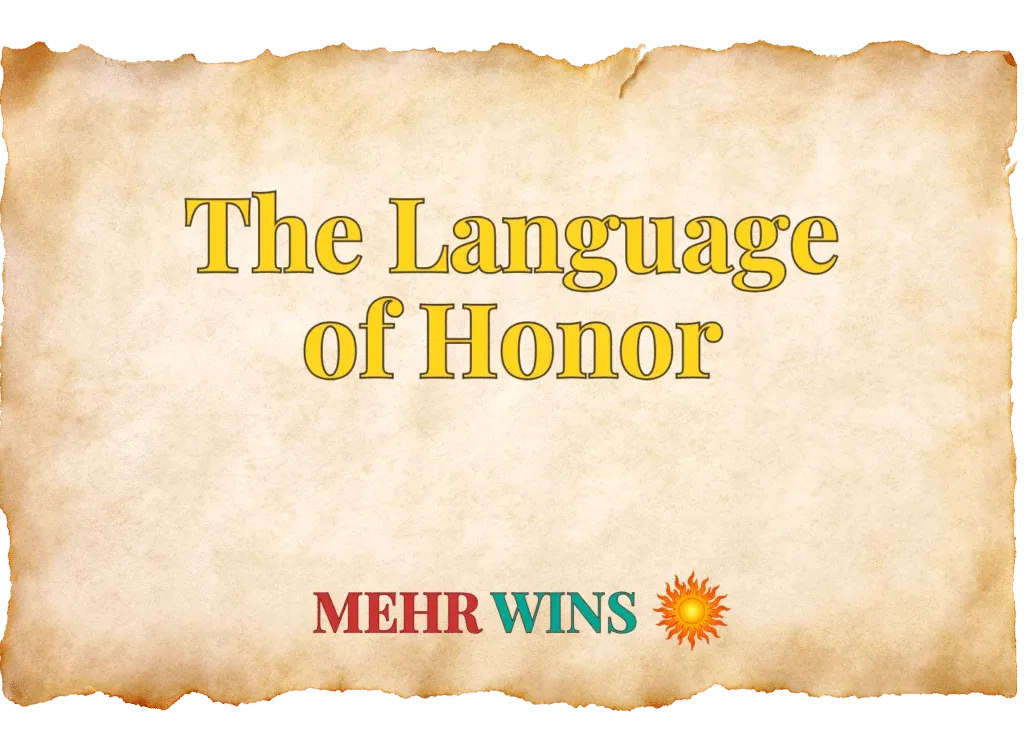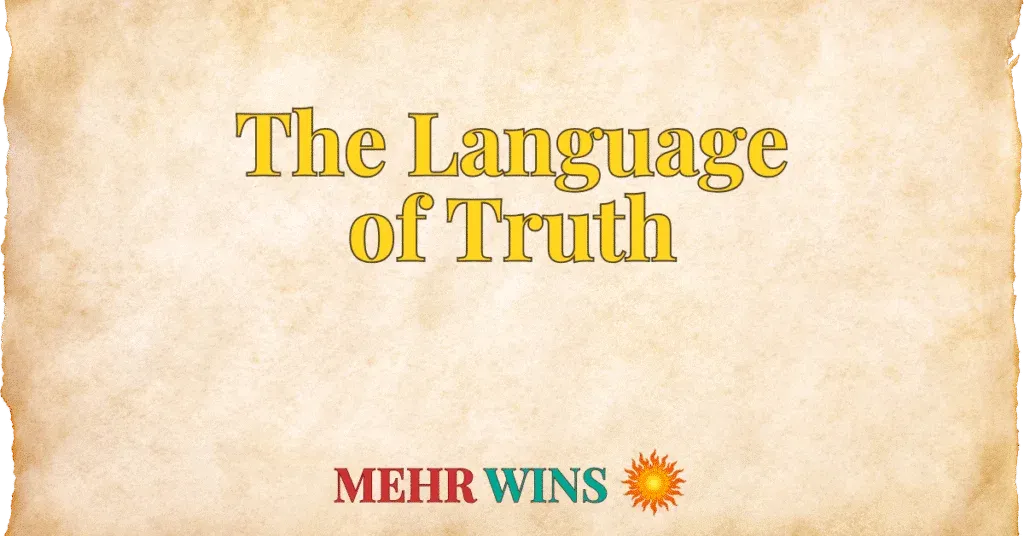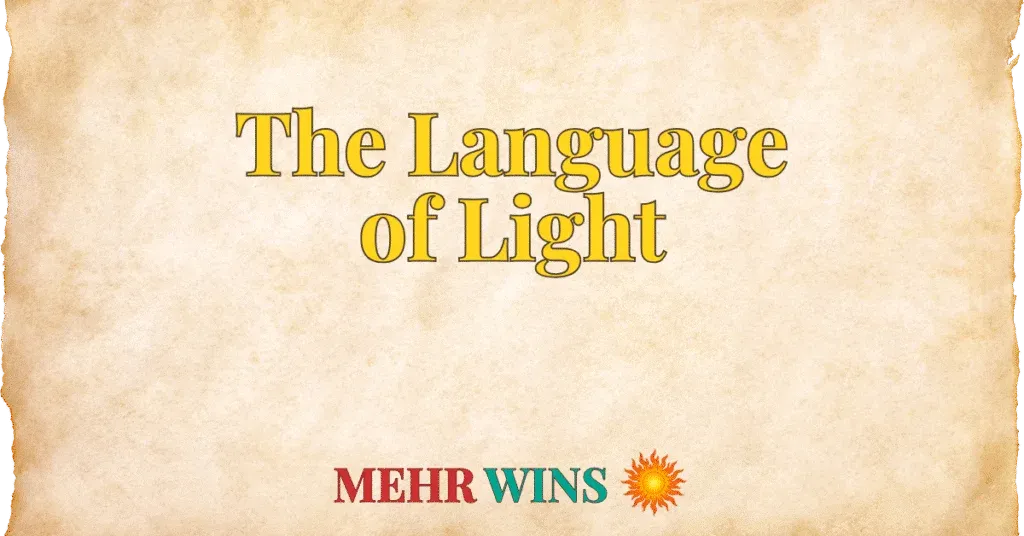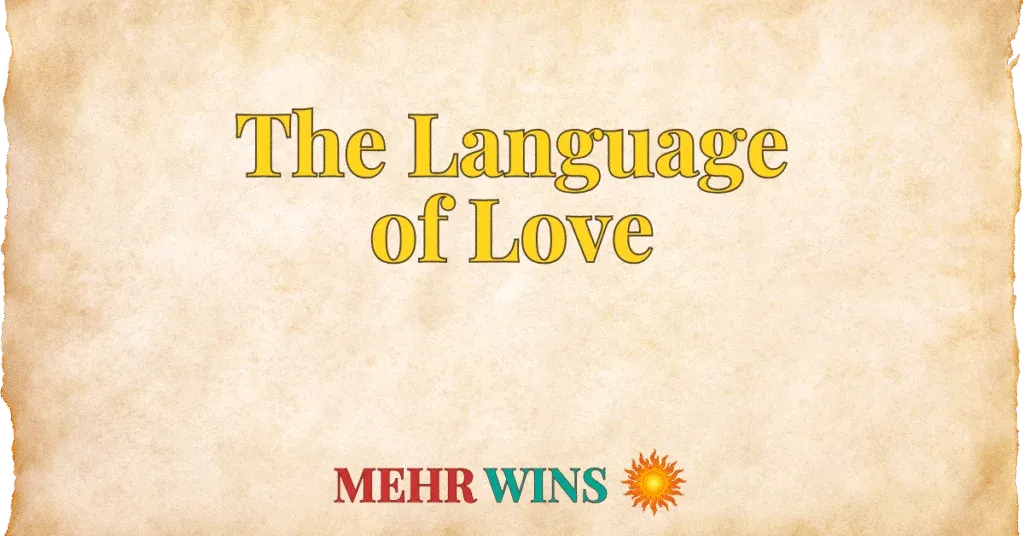
Honor is not about status or recognition. It is the inner compass that guides how we carry ourselves, even when no one is watching. It is the quiet strength of standing for what is right, the dignity we uphold in our choices, and the respect we show to others and ourselves. Honor is lived, not claimed. It reflects our values in action, our loyalty to truth, and our commitment to justice and fairness. In Persian, the concept of honor is expressed through powerful words that speak to personal integrity, ethical behavior, and the spiritual grace of living with purpose. These ten words offer a deeper understanding of what it means to live with honor, shaped by tradition, rooted in character, and revealed in how we treat others.
1. شرافت Sharāfat (sha-ra-fat) – nobility, honor, dignity
Sharāfat refers to a person’s nobility and honorable character. It reflects dignity, ethical behavior, and a life lived with moral clarity and respect.
Example: “He lived his life with sharāfat, never compromising his values.”
2. آبرو Āberū (ā-be-roo) – reputation, face, public honor
Āberū signifies one’s public honor or reputation, often tied to how they are perceived by others. It reflects the cultural importance of respectability and integrity.
Example: “She worked hard to protect the āberū of her family.”
3. عزت Ezzat (ez-zat) – dignity, esteem, self-respect
Ezzat speaks to inner dignity and self-respect, as well as the esteem others may hold for someone. It emphasizes pride in one’s worth and respectful conduct.
Example: “He treated others with ezzat, no matter their status.”
4. وفاداری Vafādārī (va-fā-dā-rī) – loyalty, faithfulness, allegiance
Vafādārī implies loyalty and allegiance, particularly to moral principles or those we respect. It is an essential part of honorable relationships and character.
Example: “Her vafādārī to her cause inspired those around her.”
5. راستی Rāstī (rah-stee) – truthfulness, honesty
Rāstī is about truthfulness and moral uprightness, the kind of honesty that forms the backbone of honorable behavior. It’s living with integrity and openness.
Example: “You can trust his rāstī—he never hides the truth.”
6. ناموس Nāmoos (nā-moos) – personal/family honor, sacred boundaries
Nāmoos is a deep and often traditional word referring to the honor of one’s family or self, especially tied to sacred values and cultural boundaries.
Example: “He would do anything to protect the nāmoos of his home.”
7. ادب Adab (a-dab) – respect, courtesy, manners
Adab emphasizes respectful behavior, refined manners, and the grace with which one interacts. It is a foundational quality of honorable communication and conduct.
Example: “Her adab made her welcome in every space.”
8. افتخار Eftekhār (ef-te-khār) – pride, honor, distinction
Eftekhār refers to the pride and distinction one feels or receives due to honorable actions or achievements. It’s earned, not assumed.
Example: “He accepted the award with quiet eftekhār.”
9. اعتبار E’tebār (e-te-bār) – credibility, trustworthiness, honor
E’tebār expresses one’s credibility and the trust they command through actions. It reflects earned honor built on consistency and truth.
Example: “Her word carried e’tebār because she always followed through.”
10. حرمت Hormat (hor-mat) – reverence, respect, sacredness
Hormat signifies deep respect or reverence, often for people, traditions, or beliefs. It’s the honoring of boundaries and sacred values.
Example: “He spoke with hormat when remembering his ancestors.”
⸻
Pronunciation Note
To help with pronunciation, Persian transliterations often use the following consonant markers:
• gh – a throaty sound, like French r (غ / ق)
• kh – a deep “h” sound, like the ch in Bach (خ)
• zh – like the s in measure (ژ)
• sh – like sh in shine (ش)
• ch – like ch in cheese (چ)
Stressed syllables are shown in bold within the pronunciation.
Italicized words in parentheses reflect how to say the word phonetically.


